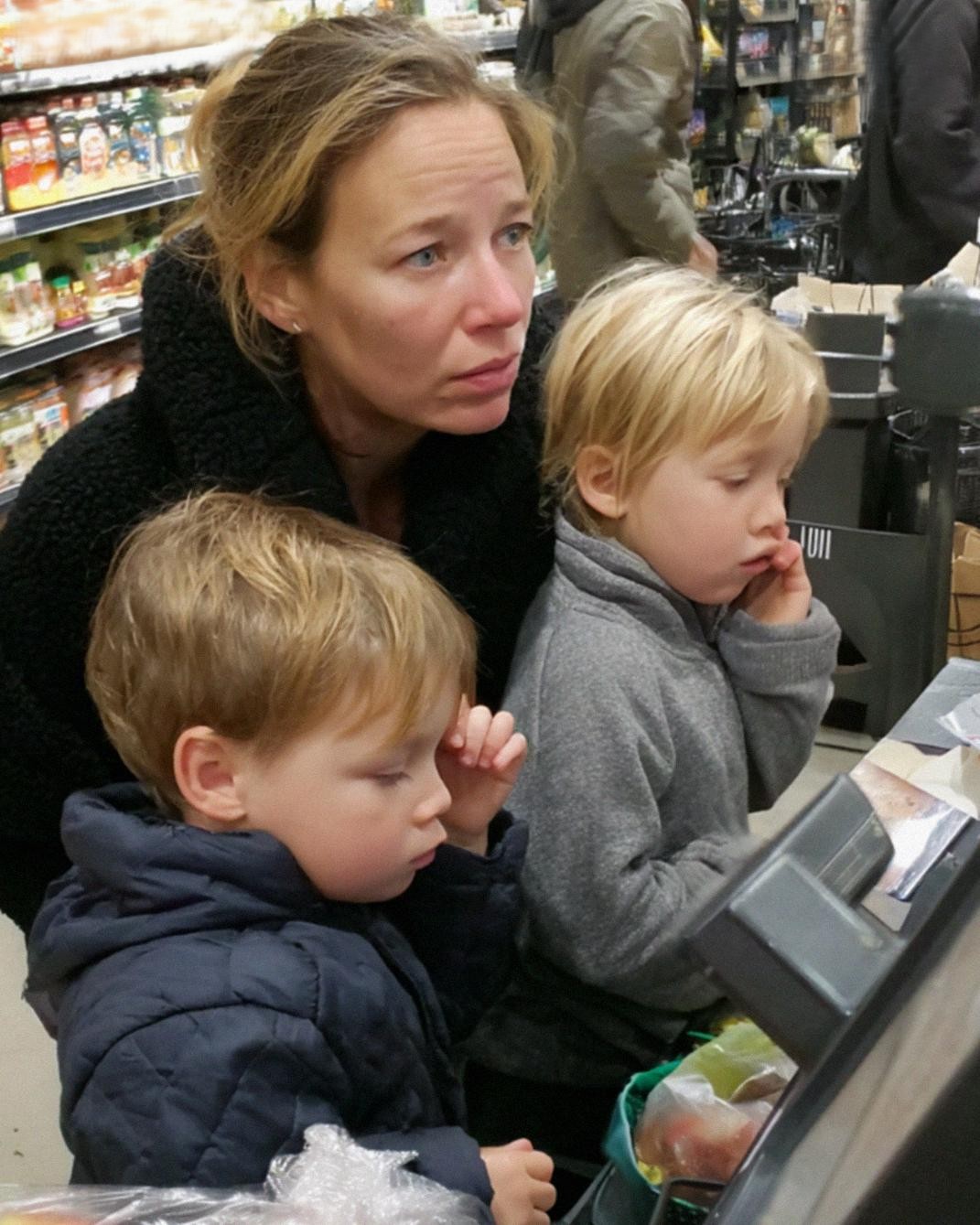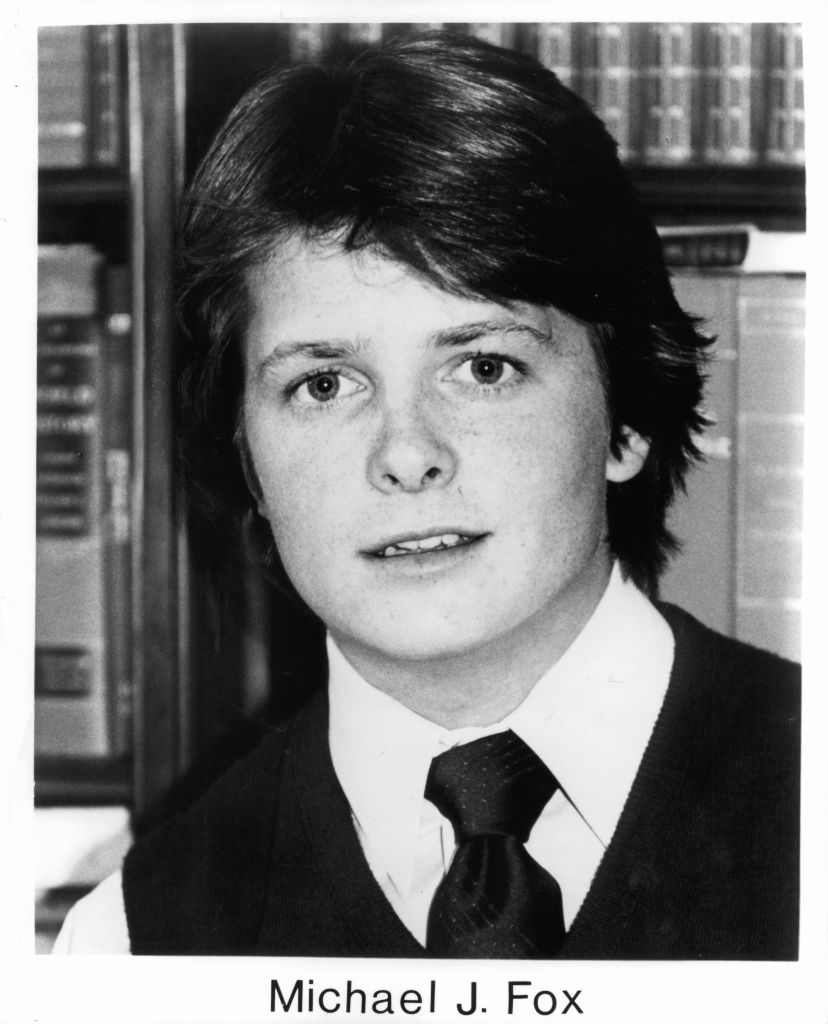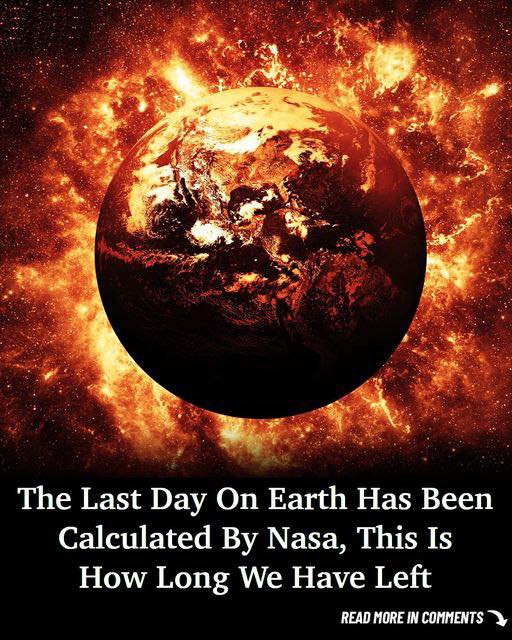I’m 43. I work the morning shift at a little grocery store on Main, and honestly? Most days it feels like I’m just trying to stay upright while the world spins a little too fast. Some mornings I stand by the loading dock, watching the sun pull itself over the rooftops, and tell myself that sometimes, showing up is all you can do — and that has to be enough.
It’s not glamorous work and it’s definitely not the kind of job anyone writes down in a yearbook under “future dream,” but after everything we’ve survived as a family, I’ve learned to love one word more than any other: stable.
Stable means the fridge is full.
Stable means the lights stay on.
Stable means my daughter has a real shot at a future.
I used to want more — big goals, big plans. Now I just want enough. Enough time, enough warmth, enough peace.
Dan, my husband, works full-time doing maintenance at the community center. Leaky pipes, busted toilets, flickering lights, broken windows — if it’s cracked or clogged, he’s the one they call. He comes home with stained sleeves, sore shoulders, and a quiet kind of strength in his eyes. He never complains. Not once. We both know the stakes. We both know what it looks like when there isn’t enough.
Our daughter Maddie just turned 16. She’s bright. The kind of bright that makes you both proud and a little terrified. Straight A’s, obsessed with biology, always talking about cells and genomes and research labs like they’re just around the corner instead of miles — and thousands of dollars — away.
She’s already made a list of universities. Most of them are nowhere near our tiny town and nowhere near our budget.
“Mom, I just need one good scholarship,” she’ll say, eyes lit up, staring out her bedroom window like the stars are giving her private advice.
And maybe she will get one. But scholarships are like catching dandelion fluff in your hands — possible, but slippery. We don’t say the scary part out loud. We just work. We save. We hope. I’ve started skipping lunch more than I admit, telling myself I’m “not that hungry” as I tuck away five extra dollars in her mental college jar.
We’re not destitute. But we’re always one unexpected bill away from that thin edge. Every month feels like trying to solve a math problem where the numbers keep moving: rent, gas, groceries, meds, school supplies. Everything adds up faster than our paychecks do.
We don’t do vacations unless they’re cheap day trips. Eating out is reserved for birthdays, and even then, Maddie orders fries like they’re some rare luxury. Still, we’re steady. We love each other. We haul the weight together. That counts for more than almost anything.
It was a Saturday in early November — cold enough that my breath showed in the air on my walk to work. Saturdays at the store are always chaos: cranky toddlers, half-awake parents, carts clattering like it’s doomsday on Sunday. By 10 a.m., I’d already spilled coffee on my apron and broken down a pallet of soup cans.
That’s when she stepped into my lane.
She looked about my age, maybe a little younger. Her jacket was too thin for the weather, and the kind of tired in her eyes wasn’t about a late night — it was about months of worry. She had two kids with her. A little boy, three or four, clinging to her hand and rubbing his eyes. A girl, maybe eight or nine, staring at the apples in the cart like they were something rare and precious.
There wasn’t much in their cart. Bread, milk, cereal, apples, a few cans. No treats. Nothing extra. Just survival basics.
I smiled, made the usual small talk as I scanned. When I gave her the total, she froze. Not dramatically. Just this tiny flinch, like the number hit her harder than she’d prepared for.
She reached for her wallet like it hurt.
Then, in a small voice, she said, “Oh… can you take off the apples? And the cereal. We’ll figure something else out.”
Her voice cracked on “figure.” It was the sound of someone who’s been pretending everything is okay for far too long.
The kids didn’t whine or argue. They just… went quiet. The kind of silence kids only learn when they’ve seen that money worries are heavier than they are. The little girl looked down at her shoes, like she already knew how these moments usually ended.
Something in me just snapped — or maybe it clicked into place.
Before she could hand over her card, I slid mine into the reader. My body moved before my brain finished voting.
“It’s okay,” I said softly. “Just take them.”
She stared at me like I’d just spoken another language.
“I can’t repay you,” she whispered, shame and panic tangled together.
“You don’t have to,” I told her, and I meant it in a way that went right down to my bones.
She nodded, grabbed the bags, whispered “thank you” like it was a fragile thing, and hurried out before her composure cracked. The door chimed behind her, and for a heartbeat, the whole store felt heavier and quieter.
Apples and cereal. Ten dollars, give or take. I’ve watched people spend more than that on scratch tickets without blinking. To me, it didn’t feel like a story. It felt like the least I could do. I didn’t go home and tell Dan. I didn’t brag. I just clocked out, went home, and packed Maddie’s lunch for the next day.
Then Tuesday came.
It was one of those mornings where nothing lined up — I’d pulled on mismatched socks in the dark and only realized when I was already behind the register. The store was quiet. A guy with eight cans of cat food and a powdered donut was telling me about the weather when the bell over the door rang, and I saw a police officer walk in.
Not the usual “grab a coffee and wander around” kind of visit. He scanned the aisles once, then walked straight toward me.
My stomach dropped.
My first thought was Maddie. Then Dan. Had there been an accident? Was someone hurt? A thousand awful possibilities fired through my mind in the space of a few seconds.
“Ma’am,” he said calmly when he reached my lane, “are you the cashier who paid for a woman’s groceries the other day? Two kids. Apples.”
I felt heat rush to my face. “Yes,” I said, voice small. “Why? Did I… do something wrong?”
“Could you call your manager, please?” His tone wasn’t harsh, but it was firm.
My hands started to shake. I called Greg, my manager, over the intercom. He came out from the back looking puzzled. The officer pulled him aside, said something low I couldn’t hear. I watched Greg’s eyebrows climb.
Then he turned to me.
“Take a two-hour break,” Greg said. “Go with the officer. It’s important.”
Important. The word sat between us, strange and heavy.
We didn’t go to a squad car. We didn’t head to the station. Instead, the officer started walking down Main like we were just two people out for some fresh air.
We stopped in front of a little café I’d walked past a hundred times but never stepped into. Too expensive for our budget, I’d always told myself. Too indulgent.
He opened the door for me. Warm air washed over us, smelling like coffee and fresh bread.
Sitting near the window was the woman from the store. And her kids. This time, they were smiling. Waving.
I felt my throat close up.
“What is this?” I managed.
We sat down. The officer took off his hat, and something in his face softened.
“I’m their father,” he said quietly. “I’ve been undercover out of state for eleven months. I couldn’t contact them. Couldn’t come home. It was… complicated.”
Lacey — that was her name — nodded, eyes already shining.
“I didn’t tell anyone,” she said. “I was afraid. Money got tight, and the kids felt it. That day at your register… that was one of the lowest points.”
The officer continued.
“When I finally got home, they told me about you. How you didn’t make them feel like a burden. How you didn’t sigh or roll your eyes. You just… helped. I wanted to thank you properly.”
The little girl, Emma, slid a folded paper across the table to me.
“We made you this,” she said, grinning nervously.
It was a drawing of me at my register, wearing a big red superhero cape. The kids were holding apples with little sparkles drawn around them. Above our heads, in wobbly letters:
“THANK YOU FOR BEING KIND. FROM JAKE & EMMA.”
I covered my mouth. The tears came before I could stop them.
The officer smiled. “Lunch is on us,” he said. “Order anything you want.”
So I did. A warm panini and a cup of coffee I didn’t have to pay for or drink standing up between customers.
We talked for almost an hour. The kids showed me more drawings. Lacey told me how she’d picked up extra hours, how things were finally steady again now that their dad was home. I told them about Maddie and her dreams of college and lab coats.
Before I left, Lacey hugged me like we were old friends.
“We’re going to be okay now,” she whispered. “Thank you for being kind on a day when everything felt like it was falling apart.”
I walked back to work feeling… lighter. Not richer. Not suddenly fixed. Just lighter.
A week later, Greg called me into the office. My first thought, as usual, was that someone needed a shift covered.
Instead, he shut the door, sat down, and smiled.
“You’re getting promoted,” he said. “Shift manager. It’s about time.”
Then he handed me a letter with the city emblem at the top. The officer had written to corporate — a full page about my kindness, my work ethic, the way I treat customers. He said employees like me make the whole town better.
The last line was handwritten: Thank you.
I stood there in the break room afterward, holding that letter like it was made of glass. For ten dollars. For apples and cereal. For a moment I almost didn’t think twice about.
That’s the thing about small kindnesses.
You don’t always see where they land. You don’t always know how far they travel, or who they help hold together for one more day.
If I had to do it all over again — even without the promotion, without the lunch, without the thank-you letter?
In a heartbeat.
Because people deserve to feel seen. Especially on the days they’re just barely staying upright while the world spins a little too fast.




